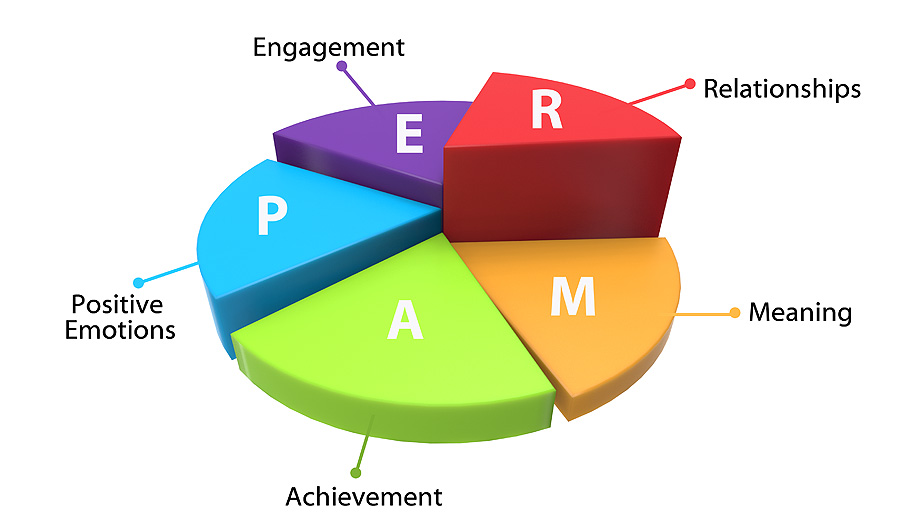How To Deal With Smartphone Addiction: Ditch Those Toxic Tech Habits & Become A Better Version Of You
Care to admit it or not, smartphone addiction is something that many of us suffer from. We have become a nation of digital dependents where we spend more time looking at our smartphone screens every day than we do sleeping (on average 8 hours 41 minutes).
In fact, smartphone addiction is on the rise, the average adult picks up their phone 150 times a day, so it’s hardly surprising that 69% of children say their parents spend too much time on technology and less time taking care and interacting with them.
The CNN website published an article on smartphone addiction stating “You may be one of the growing number of Americans (or global citizens) who has a bit of nomophobia. “Nomophobia?” you mutter as you read this on your ever-present smartphone.
“Of course not.” “NO MObile PHOne phoBIA” is a 21st-century term for the fear of not being able to use your cell phone or other smart devices. Cell phone addiction is on the rise, surveys show, and a new study recently released adds to a growing body of evidence that smartphone and internet addiction is harming our minds — literally.”
Researching smartphone addiction symptoms

CNN go on to say “Researchers from Korea University in Seoul used brain imaging to study the brains of 19 teenage boys who were diagnosed with internet or phone addiction. Compared with 19 teenagers who were not showing addiction symptoms, the brains of the addicted boys had significantly higher levels of GABA, a neurotransmitter in the cortex that inhibits neurons, than levels of glutamate-glutamine, a neurotransmitter that energizes the brain signals.”
They go on to say “GABA slows down the neurons, which results in poorer attention and control, which you don’t want to have because you want to stay focused. So that means you are more vulnerable to distractions.”
They conclude “Addicted teenagers in the study also had significantly higher scores in anxiety, depression and levels of insomnia and impulsivity, said Dr Hyung Suk Seo, professor of neuroradiology at Korea University, who led the study.”
We all want to be happy. When we’re happy, we’re productive, we’re good at building meaningful relationships with those around us, and we feel great. However, happiness is a notoriously difficult thing to pin down, and by focusing on it too intensely.
We can end up feeling unfulfilled. Add to that the ongoing growth of smartphone addiction and its effects on the mind and body and could be the cause of some behavioural disorders. We can easily see that in some areas we will need some help.
How Martin Seligman’s PERMA Model can help mobile phone addiction

According to Wikipedia Professor Martin Seligman is an American psychologist, educator, and author of self-help books. Since the late 1990s, Seligman has been an avid promoter within the scientific community for the field of positive psychology.
His theory of learned helplessness is popular among scientific and clinical psychologists. A Review of General Psychology survey, published in 2002, ranked Seligman as the 31st most cited psychologist of the 20th century and was responsible for developing the ‘PERMA Model’, a theoretical model of happiness.
If we look at the building blocks of happiness based on Seligman’s PERMA Model, we find five key areas we need to nurture and cultivate in order to live a happy and flourishing life. These are –
- POSITIVE EMOTIONS
- ENGAGEMENT
- RELATIONSHIPS
- MEANING
- ACCOMPLISHMENT
So what’s the impact of our technology and smartphone addiction on each of these building blocks? And how do our digital devices stop us from feeling, thinking and experiencing happiness?
Let’s take a closer look below at how to overcome smartphone addiction and what toxic habits we could give up in order to boost our happiness :
How to deal with smartphone addiction

1. POSITIVE EMOTIONS (P)
Boost your chances of waking up with a spring in your step by implementing a digital curfew. Switch off all technology at least one hour (ideally two) before bedtime and benefit from the wonders of a good night’s sleep zzzzzz…
2. ENGAGEMENT (E)
Put a stop to those unwanted interruptions and the mindless browsing by keeping your phone on silent and out of sight. Don’t tempt yourself by keeping it on your desk or out on the table over dinner. This sounds simple, and it is. If you can get into the habit of removing your phone from sight, you have a much better chance of resisting the temptation to check it time and time again!
3. RELATIONSHIPS (R)
Try leaving your phone at home altogether when you’re out at social engagements. Especially when spending time with family and loved ones. Instead give them your full, undivided attention. Remind yourself of the days before mobile phones, and set a great example to your children too.
4. MEANING (M)
As social beings, we need human interaction to give our lives meaning and purpose. Start noticing how often technology gets in the way of a meaningful connection, be it a conversation that’s severed by a google search or a confession that’s told over Whatsapp.
5. ACCOMPLISHMENT (A)
If you’re relaxing a home over the weekends, try switching it off for an afternoon and instead dedicate the time to a new or existing hobby. Trial that new recipe book, pick up an old instrument or learn a new language and then benefit from the sense of accomplishment you’ll feel afterwards.
For more tech detox tips, workshops, support and coaching visit https://technotox.com/


